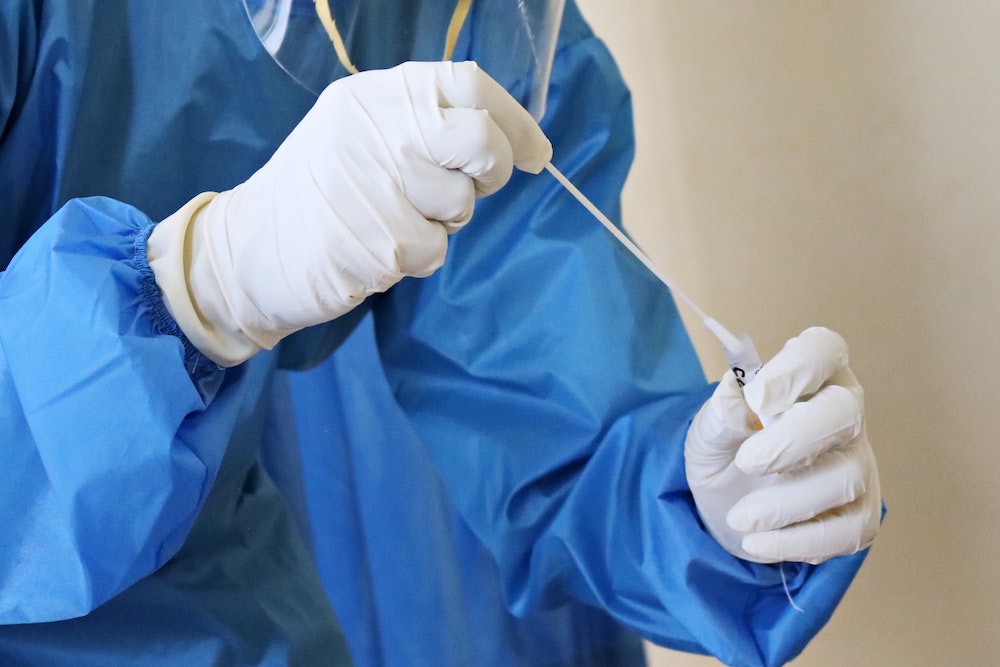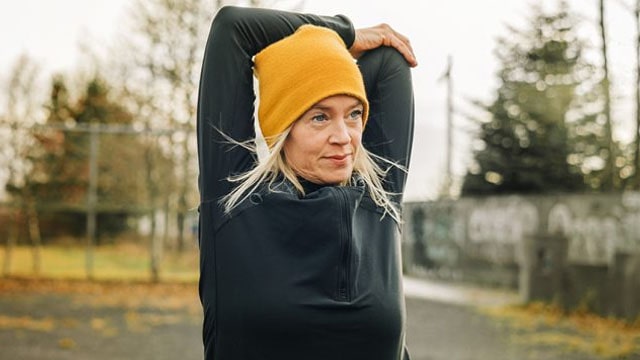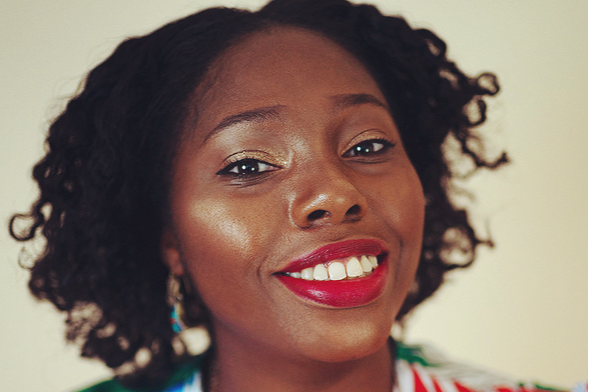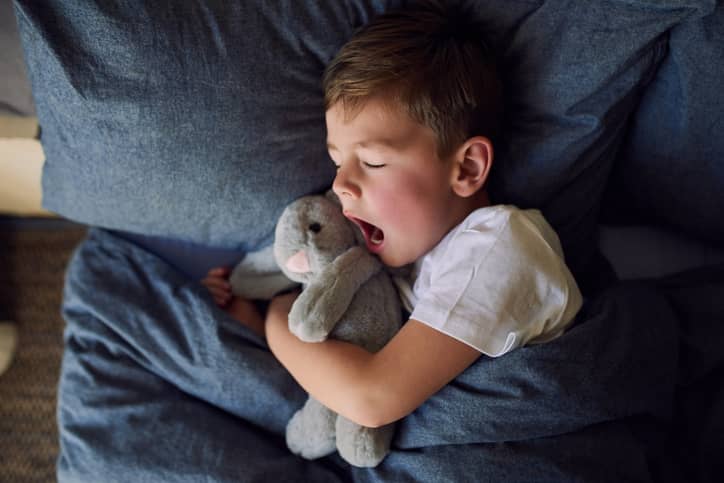The COVID-19 pandemic has changed the world, claiming millions of lives and infecting hundreds of millions of people. However, we now have vaccinations to fight it, and we know a lot more than we did a year ago (and research is ongoing).
For example, we now know it’s possible to get infected by SARS-CoV-2 – the coronavirus that causes COVID-19 – more than once. So read on to learn more about COVID-19 immunity and reinfection, and how you can help protect yourself.
What’s the risk of getting COVID-19 more than once?
While it’s possible to get COVID-19 more than once, being infected with SARS-CoV-2 does give you some level of protection against being infected again.
The evidence so far suggests that, for most people, the risk of reinfection is low for at least 5 to 6 months after a previous infection – if the virus is the same or similar to the one that caused the first infection. This risk may increase as time passes, but you still should have some level of protection.
However, the SARS-CoV-2 virus has changed over time and there are now several ‘variants’ of the virus. And these new variants may increase your risk of being reinfected. For example, the evidence so far suggests that the Omicron variant may more easily reinfect people who’ve already had COVID-19 caused by another variant (though more research is needed).
Research also suggests that if you do get COVID-19 again, your symptoms are more likely to be mild – possibly because your immune system has been ‘primed’ by the previous infection and knows how to react. However, there have been cases of reinfection that caused serious illness and even death.
Antibodies and immunity
Your risk of getting COVID-19 is reduced by infection and vaccination because both these things make your body produce infection-fighting proteins called antibodies.
Antibodies are made in your body in response to an infection, to attack infected cells and kill viruses or bacteria. After you’ve recovered from the infection, the antibodies stay in your body to form part of your protection (immunity) from future infections. But how these long antibodies last can vary.
Antibodies to the virus that causes COVID-19 can be found in the blood of people who have recovered from COVID-19, as well as people who have been vaccinated. While we don’t know exactly how long these antibodies last, evidence suggests that they may be present for at least 6 months, and probably more than 8 months, after infection.
However, your level of antibodies will decrease (wane) over time. So even if antibodies are still present, there may be a point when they decrease below a level that provides effective protection against infection. This is known as the ‘threshold of protection’. At the moment, we don’t know the threshold of protection for COVID-19 antibodies.
More research is needed to help us understand:
- how soon reinfection can happen
- if certain groups of people might have a higher risk of reinfection
- how often reinfection can happen
- how severe the illness might be
- how reinfection might affect immunity
- how well vaccines work against virus variants
Although new variants may make reinfection more likely, you’ll usually be more protected in the first few months after having COVID-19. However, as the immunity you gained from your first infection wanes, your chances of getting reinfected increase. Scientists predict that people can expect to get reinfected within 1 or 2 years after their first infection, if they don’t take steps to avoid it – such as getting vaccinated. It’s possible that some unvaccinated people may get reinfected just a few months after their first infection.
How to avoid infection or reinfection
-
Getting the COVID-19 vaccine – and any booster jabs – will give you the best protection against COVID-19. While it’s still possible to get COVID-19 after vaccination (known as a ‘breakthrough infection’), the risks of getting infected, becoming very ill, needing hospital treatment or dying are all much lower for vaccinated people than unvaccinated people.
-
You should follow the rules and guidelines in place where you live – but also get into the habit of taking general steps to protect yourself and others. Whether or not you’ve had COVID-19 before, it’s important to try to avoid getting and spreading it – even if you’re vaccinated.
Steps you can take include:
- meeting people outside whenever possible
- opening the doors and windows to let in fresh air when meeting people indoors
- wearing a face covering in crowded indoor spaces, or where you can’t keep apart from others
- limiting the number of people you meet and avoiding crowded places
- regularly washing your hands with soap and water
- using hand sanitiser when soap isn’t available
- avoiding touching your eyes, nose and mouth when you haven’t washed your hands
- avoiding anyone who has COVID-19 symptoms
If you have symptoms of COVID-19, or have been in close contact with someone who has tested positive, you may need to self-isolate. This means not leaving your home and avoiding contact with other people for a certain number of days. You should check the government guidelines where you live for more details.
Check the latest UK government guidelines.
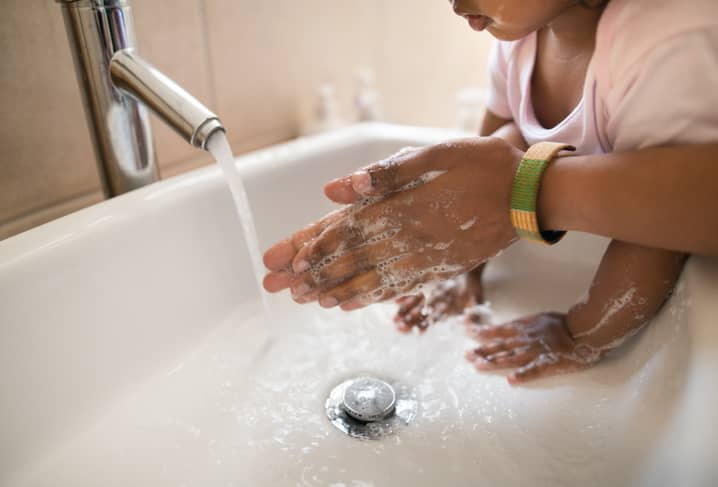
Key takeaways
- it’s possible to get COVID-19 more than once, but the risk of reinfection is thought to be low for at least 5 to 6 months after infection
- both having COVID-19 and getting vaccinated prompt your body to make antibodies
- antibodies can protect you from the virus that causes COVID-19, but we don’t know exactly how long this protection lasts
- more research is needed to help us understand reinfection – including how virus variants may affect the risk of reinfection
- you should take steps to avoid getting and spreading COVID-19, including getting the COVID-19 vaccine and any boosters



